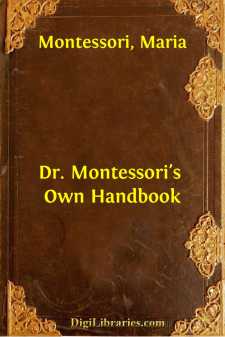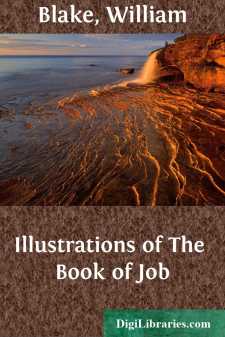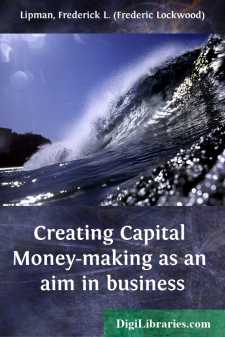Categories
- Antiques & Collectibles 13
- Architecture 36
- Art 48
- Bibles 22
- Biography & Autobiography 813
- Body, Mind & Spirit 142
- Business & Economics 28
- Children's Books 17
- Children's Fiction 14
- Computers 4
- Cooking 94
- Crafts & Hobbies 4
- Drama 346
- Education 46
- Family & Relationships 57
- Fiction 11829
- Games 19
- Gardening 17
- Health & Fitness 34
- History 1377
- House & Home 1
- Humor 147
- Juvenile Fiction 1873
- Juvenile Nonfiction 202
- Language Arts & Disciplines 88
- Law 16
- Literary Collections 686
- Literary Criticism 179
- Mathematics 13
- Medical 41
- Music 40
- Nature 179
- Non-Classifiable 1768
- Performing Arts 7
- Periodicals 1453
- Philosophy 64
- Photography 2
- Poetry 896
- Political Science 203
- Psychology 42
- Reference 154
- Religion 513
- Science 126
- Self-Help 84
- Social Science 81
- Sports & Recreation 34
- Study Aids 3
- Technology & Engineering 59
- Transportation 23
- Travel 463
- True Crime 29
Some Account of the Life of Mr. William Shakespear (1709)
by: Samuel Holt Monk
Categories:
Description:
Excerpt
INTRODUCTION.
The Rowe-Tonson edition of Shakespeare's plays (1709) is an important event in the history of both Shakespeare studies and English literary criticism. Though based substantially on the Fourth Folio (1685), it is the first, "edited" edition: Rowe modernized spelling and punctuation and quietly made a number of sensible emendations. It is the first edition to include dramatis personae, the first to attempt a systematic division of all the plays into acts and scenes, and the first to give to scenes their distinct locations. It is the first of many illustrated editions. It is the first to abandon the clumsy folio format and to attempt to bring the plays within reach of the understanding and the pocketbooks of the average reader. Finally, it is the first to include an extended life and critique of the author.
Shakespeare scholars from Pope to the present have not been kind to Rowe either as editor or as critic; but all eighteenth-century editors accepted many of his emendations, and the biographical material that he and Betterton assembled remained the basis of all accounts of the dramatist until the scepticism and scholarship of Steevens and Malone proved most of it to be merely dubious tradition. Johnson, indeed, spoke generously of the edition. In the Life of Rowe he said that as an editor Howe "has done more than he promised; and that, without the pomp of notes or the boast of criticism, many passages are happily restored." The preface, in his opinion, "cannot be said to discover much profundity or penetration." But he acknowledged Rowe's influence on Shakespeare's reputation. In our own century, more justice has been done Rowe, at least as an editor.
The years 1709-14 were of great importance in the growth of Shakespeare's reputation. As we shall see, the plays as well as the poems, both authentic and spurious, were frequently printed and bought. With the passing of the seventeenth-century folios and the occasional quartos of acting versions of single plays, Shakespeare could find a place in libraries and could be intimately known by hundreds who had hitherto known him only in the theater. Tonson's business acumen made Shakespeare available to the general reader in the reign of Anne; Rowe's editorial, biographical, and critical work helped to make him comprehensible within the framework of contemporary taste.
When Rowe's edition appeared twenty-four years had passed since the publication of the Fourth Folio. As Allardyce Nicoll has shown, Tonson owned certain rights in the publication of the plays, rights derived ultimately from the printers of the First Folio. Precisely when he decided to publish a revised octavo edition is not known, nor do we know when Rowe accepted the commission and began his work. McKerrow has plausibly suggested that Tonson may have been anxious to call attention to his rights in Shakespeare on the eve of the passage of the copyright law which went into effect in April, 1710. Certainly Tonson must have felt that he was adding to the prestige which his publishing house had gained by the publication of Milton and Dryden's Virgil....












